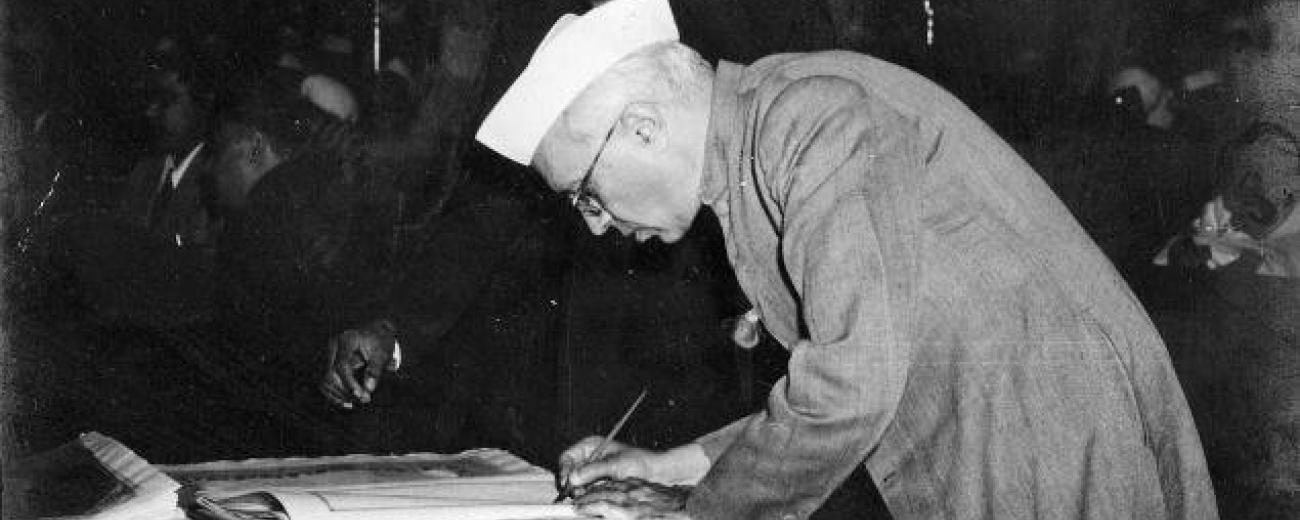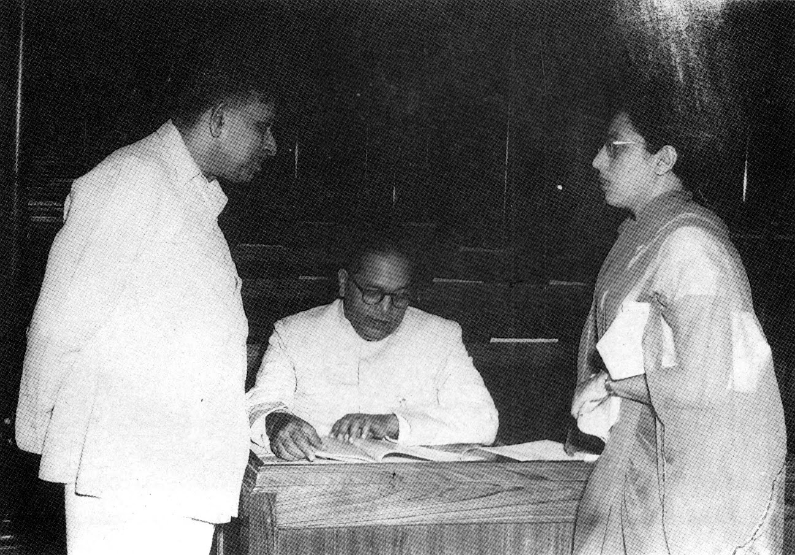PACT project


Resources on constitution-making have mostly focussed on cases from the global North, notably the US, Europe, and on the role of founding fathers, often privileged men. The role of collective practices of petition, debate and protest by ordinary citizens and the marginalized in the making of constitutions, and their remaking over time, remains largely invisible.
A ground-breaking multi-disciplinary research collaboration, PACT will create an advanced digital platform on the making of the Indian constitution (1950), one of the most influential in the global South. The Indian Constituent Assembly (1946-49) met against the background of a transfer of power from British rule, Partition, Hindu-Muslim blood-shed, and the largest mass migration in history.
Despite these formidable challenges, as well as deep disagreement among members from diverse religious, caste and linguistic groups, it came to successfully agree on a constitutional text, unlike many others. In the 75th year of Indian independence (2022), the constitution continues to occupy a salient position in contemporary politics.
Our research will aim to draw lessons regarding the democratic legitimacy of constitutions from the Indian example, while analysing its unfulfilled potential for pluralism and democracy in the present.
Using the methodologies and software developed at Pembroke College by the Quill Project, the group will create an extensive digital record of the proceedings from 1946 to 1949 that led to the formation of the Indian constitution. Alongside these plenary debates of the Indian Constituent Assembly, the project will also include committee discussions, petitions, public responses and the wider debate of the period. This broad collection of sources will allow further study into the context of public opinion against which the Indian constitution was authored.
Contact
- Email: pact@soas.ac.uk
- X (formerly know as Twitter)
- YouTube
Sign up to the PACT mailing list.




